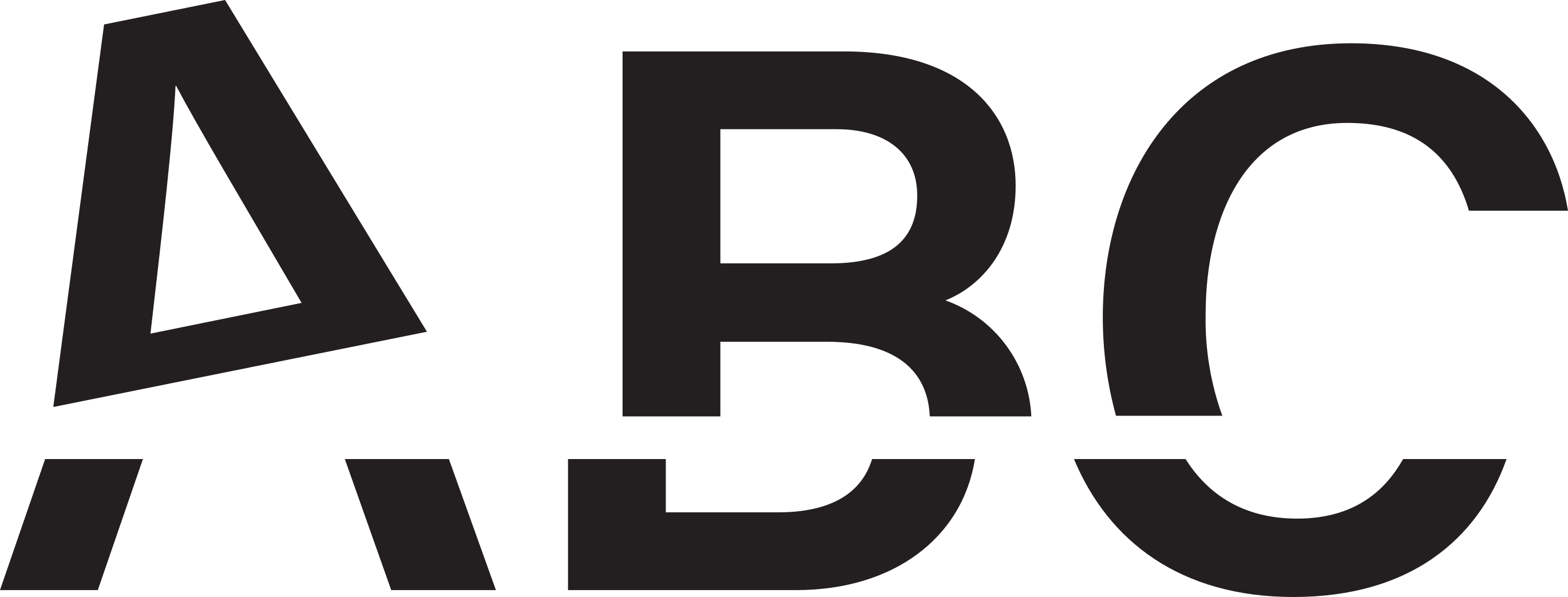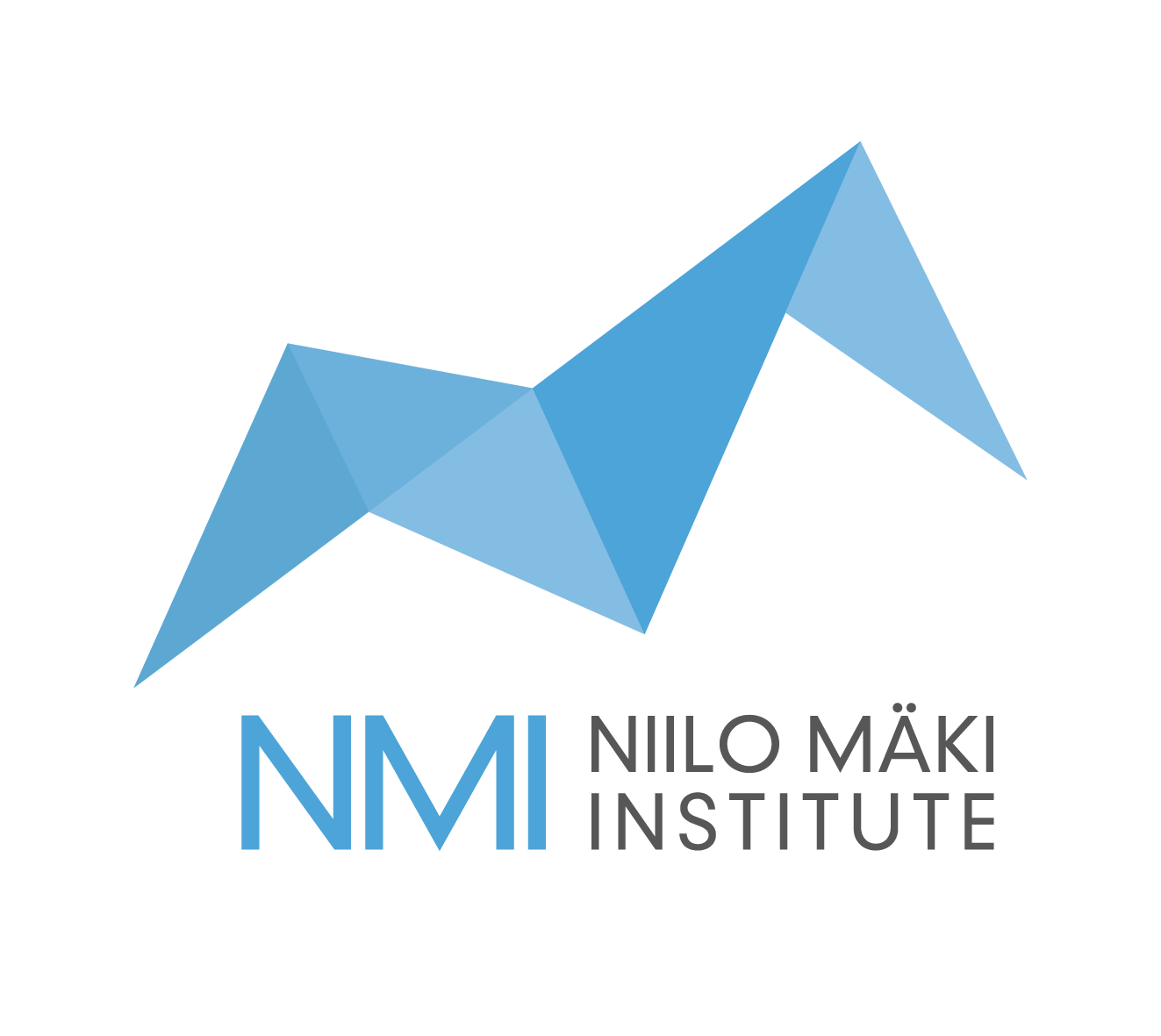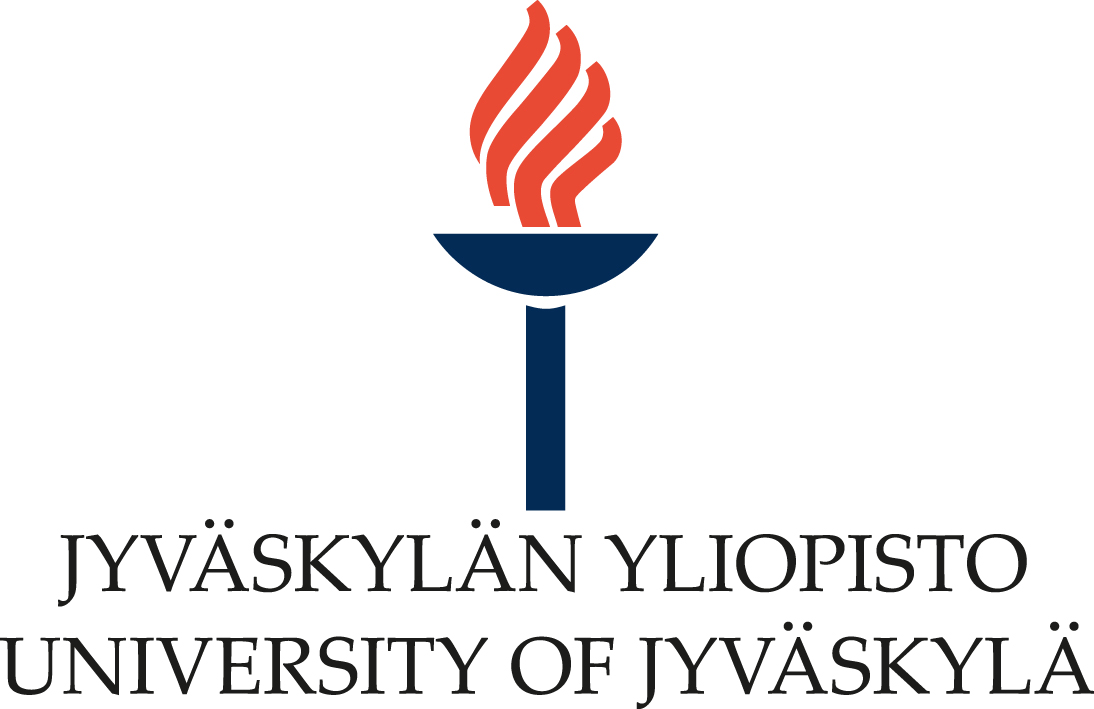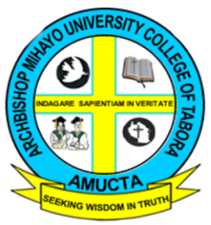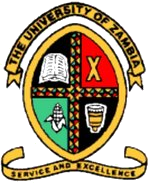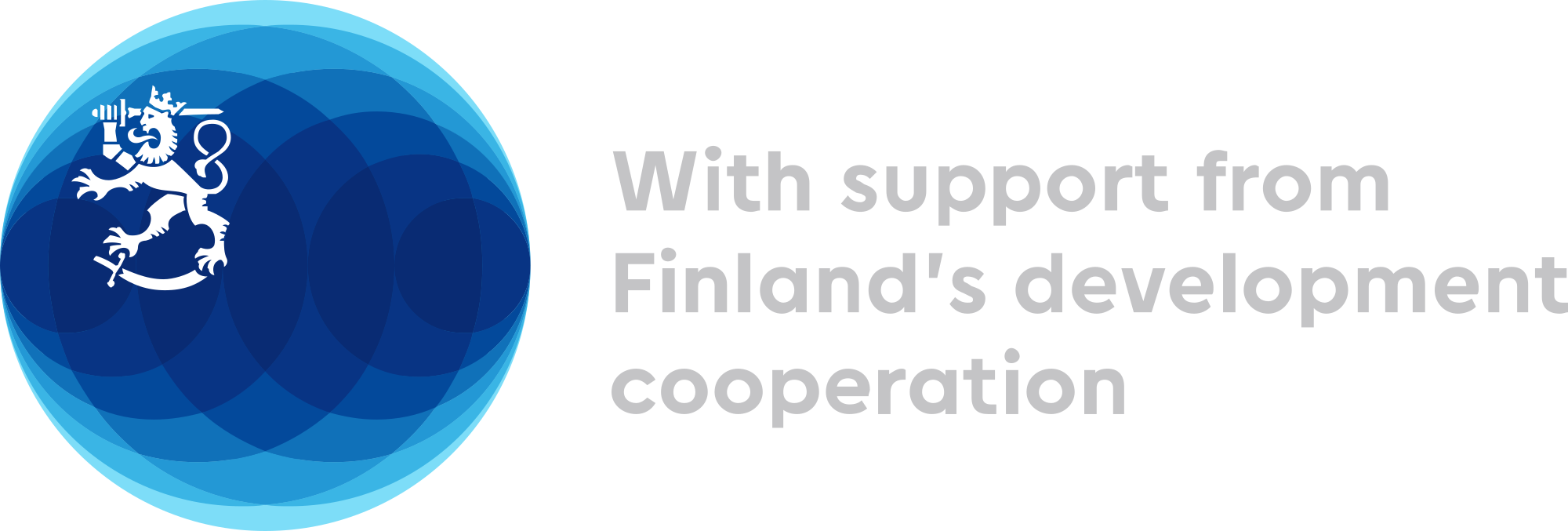Now we will focus on the identification of reading disabilities or dyslexia. The term reading disability may refer to:
- anyone who struggles with accurate single-word decoding,
- or to those with a more pervasive condition marked by various comorbid features and symptoms,
- or to those with a significant discrepancy between decoding and another measure such as IQ or listening comprehension,
- or to those with a certain cognitive profile associated with their reading difficulty, of which there are several more possibilities. In other words, there is a very wide range of different uses of the term dyslexia and associated definitions.
We define reading disabilities as a persistent and unexpected difficulty in developing age- and experience-appropriate word reading skills. If children are not taught properly then we cannot expect them to learn to read. This means that the child must at least attend school regularly or have alternative instructional interactions to fulfil this role. This part of the definition involves not only the existence of teaching but also the teaching method applied.
When the child struggles with reading at the beginning of school, we often use the term reading difficulty. Continued monitoring of the development of reading and spelling skills in the classroom is the basis of assessment. In addition, teachers’ classroom observations are necessary concerning students’ progress in developing basic reading and spelling skills, using assessment with standardised measures of letter knowledge, word reading, and word spelling.
If the child fails to respond to appropriate methods of teaching reading in their local language and well-founded interventions supporting literacy skills, a more comprehensive assessment is probably needed to determine whether the child has a reading disability. An assessment should include well standardised measures of word reading, word spelling, letter knowledge, phoneme awareness, and RAN. Untimed oral reading of isolated real words and pseudowords allows measurement of the child’s sight word knowledge and capacity for sounding out words. Words in list are typically ordered according to difficulty, which is an essential component of any assessment related to learning difficulties in this domain. In transparent languages such as Finnish and Bantu languages, reading fluency is an important aspect of reading performance and in defining reading disabilities.

